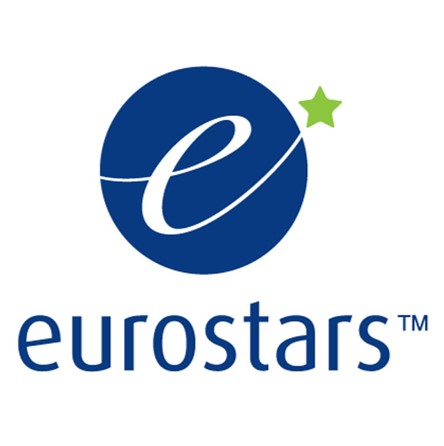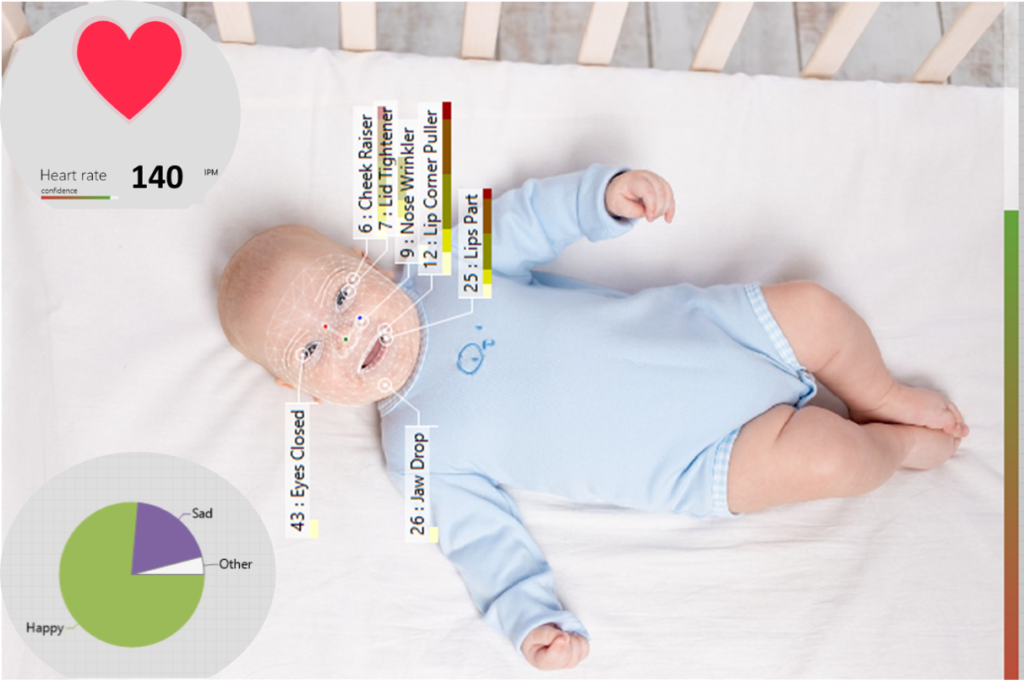
BabySensor
VicarVision is very excited to be part of the Eurostars BabySensor-pre project. BabySensor’s mission is to provide access to contactless health monitoring to both parents and healthcare professionals to protect premature/vulnerable babies. This will increase the quality of life for parents of vulnerable infants and increase health and care services for babies. The project builds upon Norwegian company Babysensor’s proprietary sensor technology to develop a novel hospital-grade, camera-based product that detects health vitals through contactless imaging alone.
Project Objectives
Since the 1980s, premature birth rates have risen by 36% and today, 1 in 8 babies are born prematurely. Premature babies require significant health monitoring both at the hospital and at home. In the hospital, biometrics including blood oxygen saturation (SpO2) levels or heart rate are monitored through sensors attached to the body, but this is not appropriate at home. As such, parents of vulnerable infants are reliant on conventional domestic monitors, which are primarily designed for parents with healthy babies. The goal of this project is to provide vulnerable infants and their caregivers with an affordable non-contact vital signs monitor for use in both medical and domestic settings. To develop this solution to a pre-commercial stage, next to BabySensor and VicarVision, the Glance Group in London (for the mobile application), and Østfold University College in Norway (novel image processing algorithms) are involved in project. Evaluation of the prototype product and data collection will be undertaken by professional healthcare workers at Vestfold University and researchers at the Medical University of Vienna to ensure technical feasibility and usability.
Expected Results
The solution will comprise a single portable sensor unit consists of a conventional (RGB & NIR) camera and a low-resolution thermal camera integrated with novel backend software capable of processing health data never before seen in a single baby monitor. We will employ cutting-edge image processing and movement magnification algorithms to extract vital signs data in low light conditions, allowing us to determine accurate heart rate, breathing rate, and blood oxygen saturation levels. These data will be cloud supported and shareable with healthcare professionals. In addition, we will try to minimize false positives; a particular issue with domestic vitals monitoring. VicarVision will be mainly involved in the development and validation of baby facial cue, body movement and vocal cue recognition technology capable of performing in low light conditions. This will be a further development of our commercialized Baby FaceReader software, but with the expansion of accommodating for the considerable challenge of low light-levels and pre-term babies. In addition, we will collaborate with the University of Østfold on developing various remote (camera based) vital sign techniques for infants, such as the measurement of breathing rate, heart rate, blood oxygen saturation and skin temperature.

